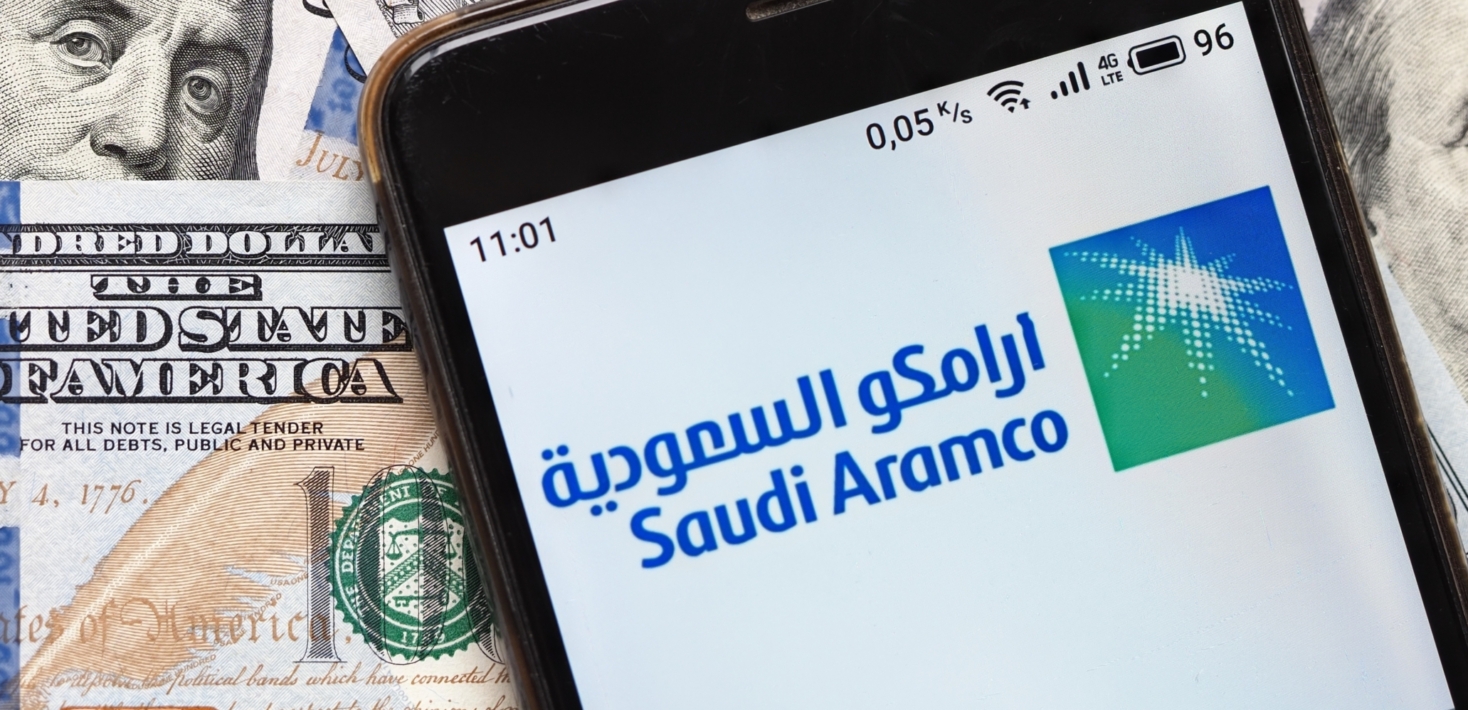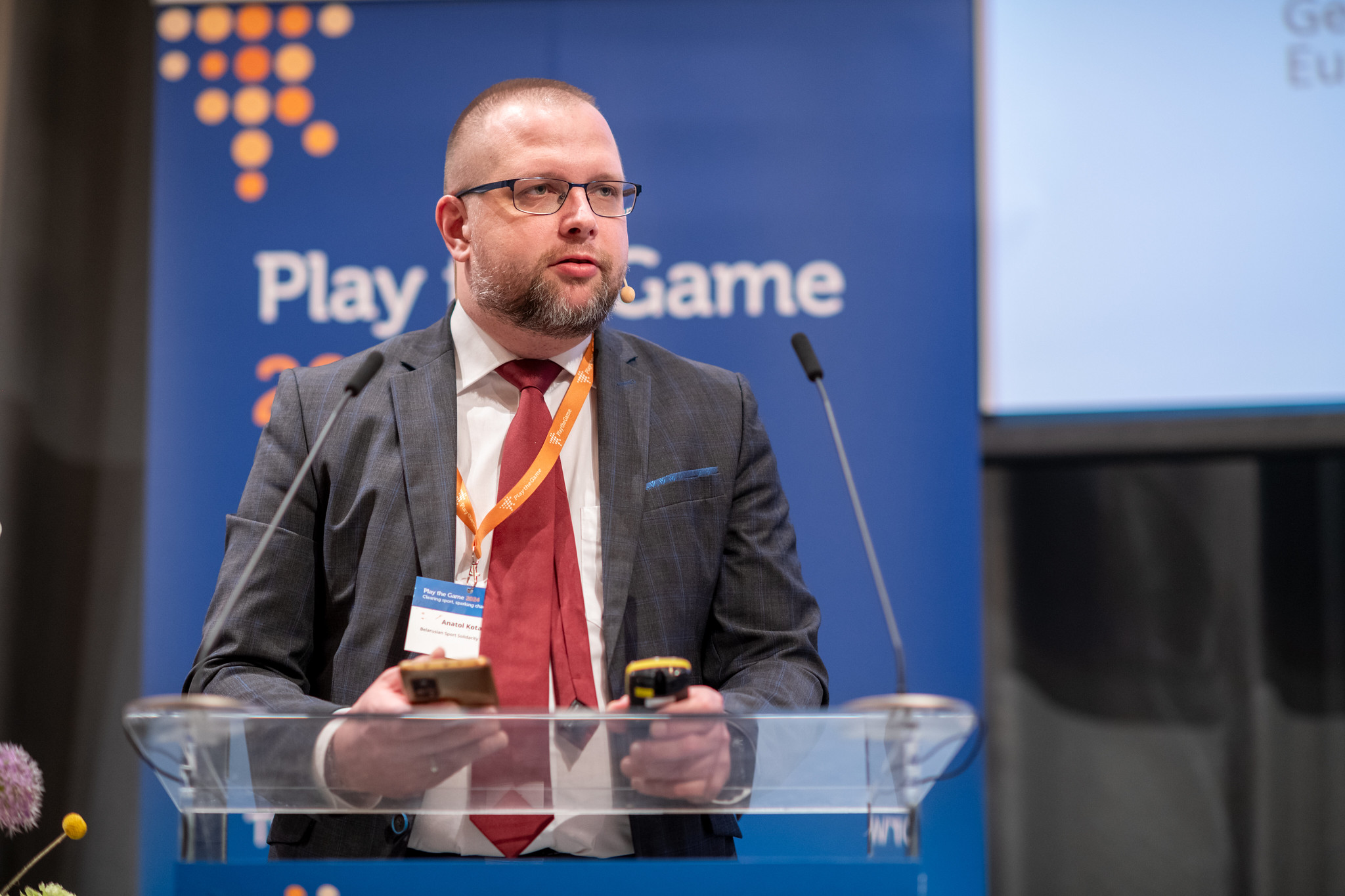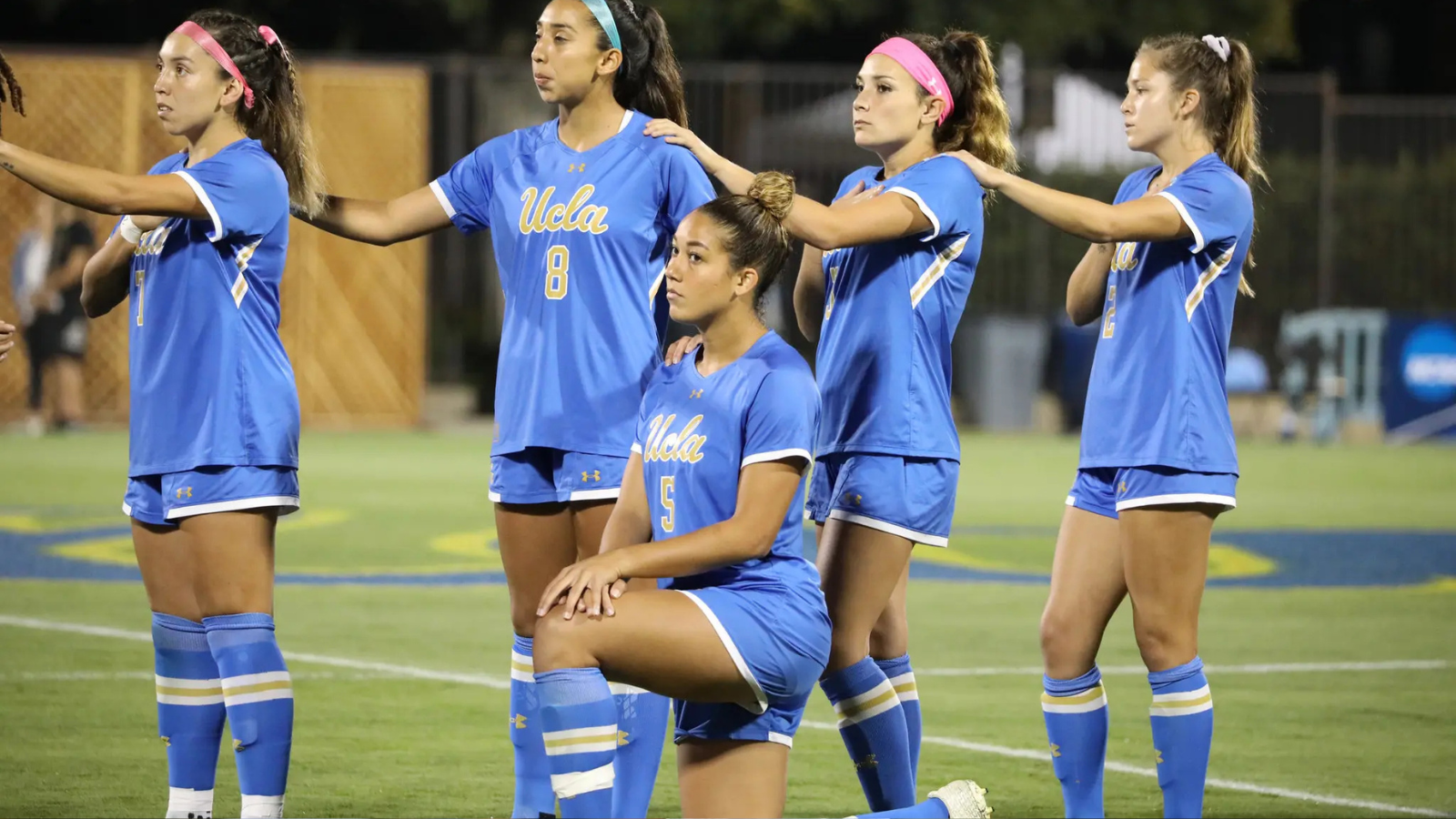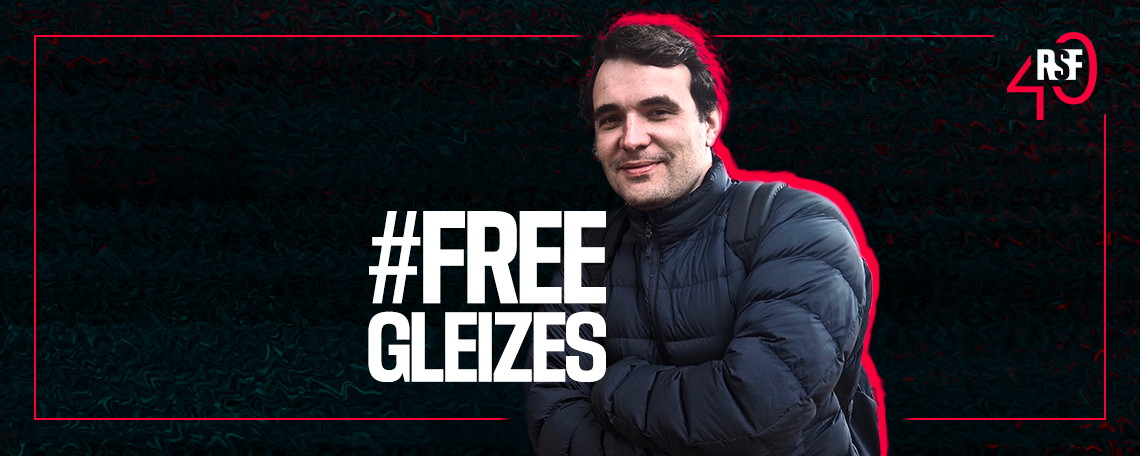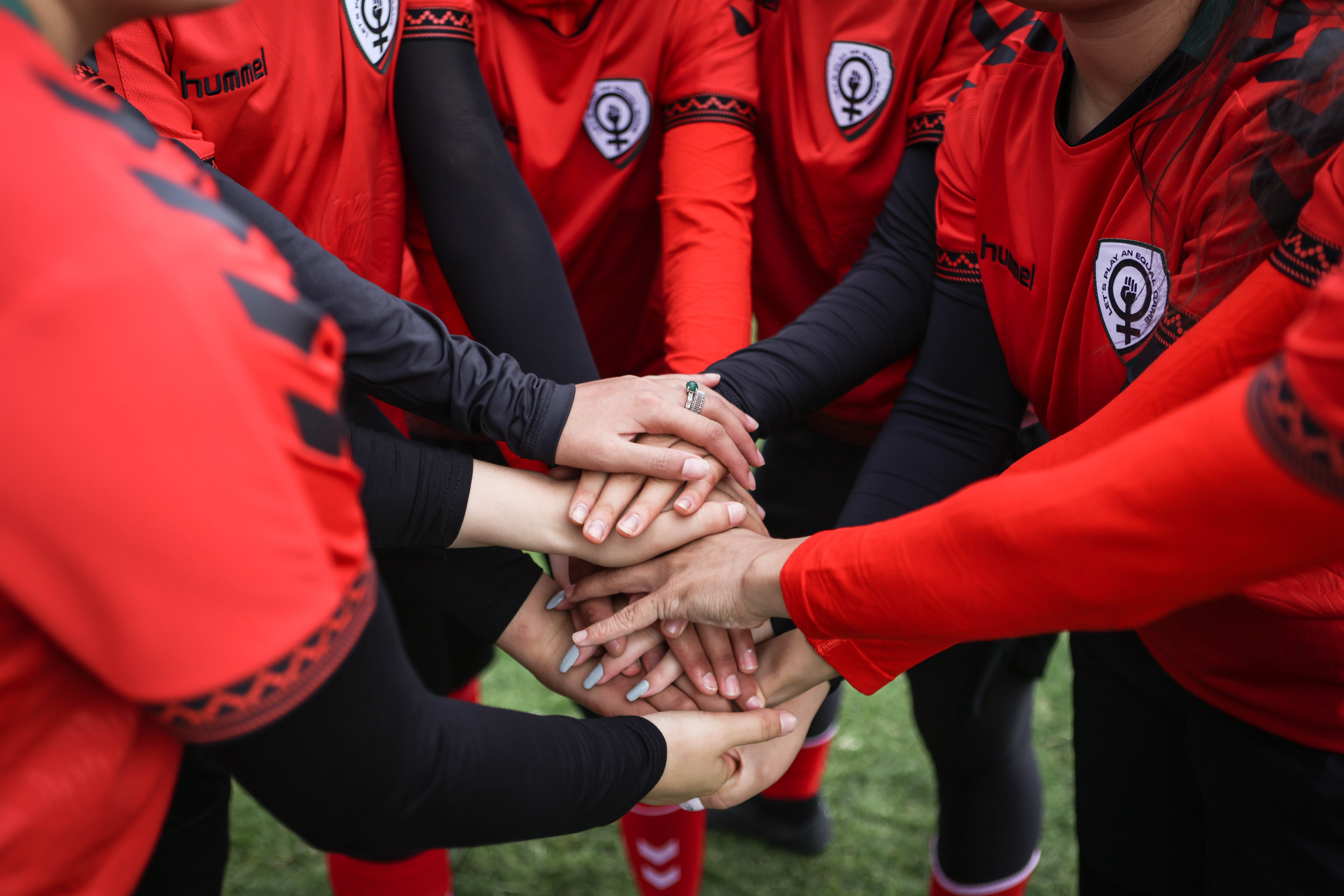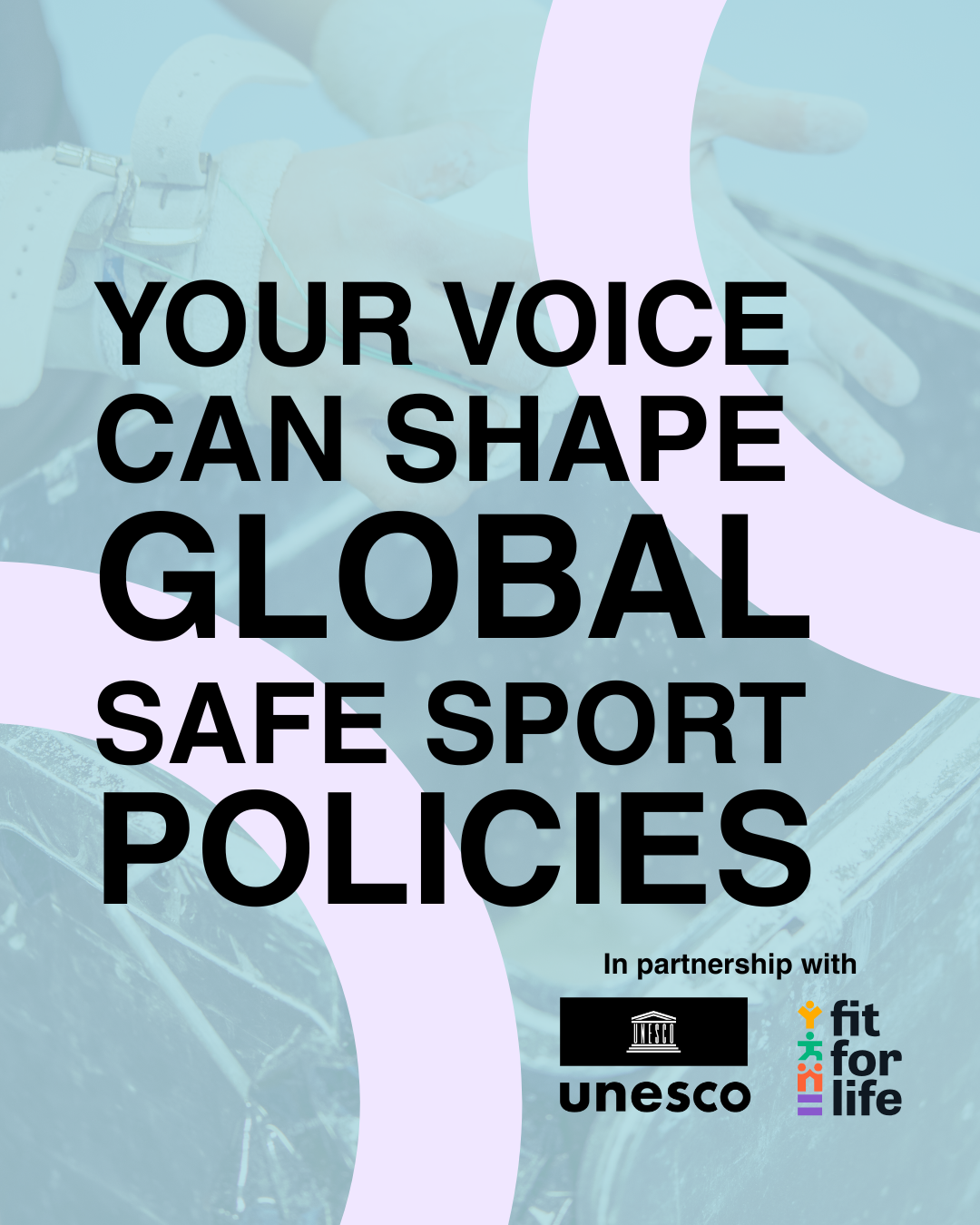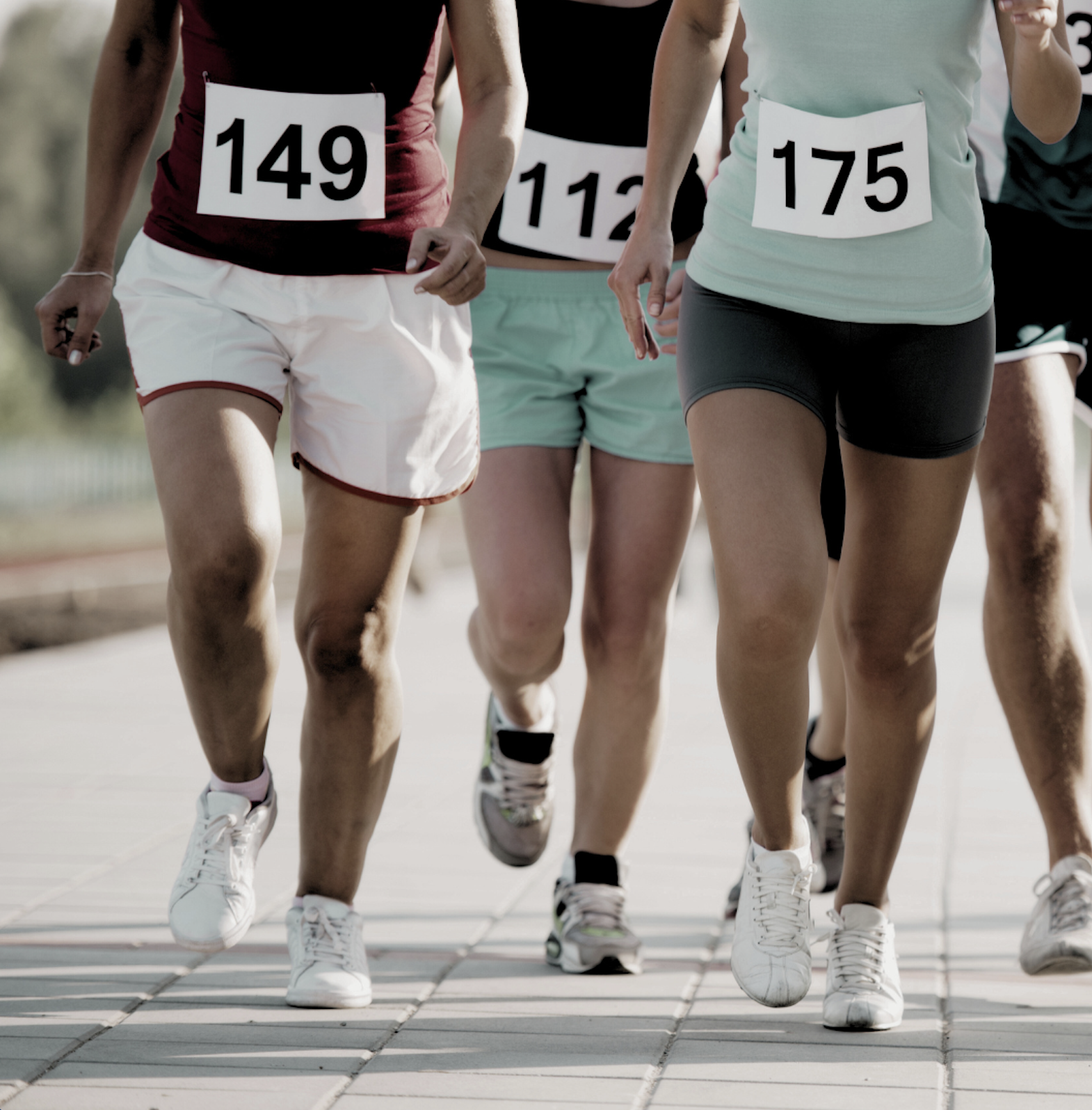Reacting to FIFA’s four-year global partnership deal with Saudi Aramco, making the state-owned fossil fuel company a sponsor of the 2026 men’s World Cup as well as the Women’s World Cup in 2027, Amnesty International’s Head of Economic and Social Justice Steve Cockburn said:
“There is a cruel irony that a Saudi Arabian state-owned company should be considered fit to sponsor the Women’s World Cup when women like Salma al-Shehab and Manahel al-Otaibi remain imprisoned in the Kingdom for peacefully speaking out for gender equality.
“With Saudi Arabia also currently being the sole bidder to host the 2034 men’s World Cup, world football could be dogged by human rights violations for years to come unless urgent action is taken to address the country’s atrocious human rights record.
“Amnesty International is calling on FIFA to make binding agreements with Saudi Arabia to protect people from exploitation, discrimination, and repression before it finalizes any agreement on hosting the tournament. Last month 12 football fans from the country’s Shia minority, who routinely face discrimination, were sentenced to prison terms ranging from six months to one year for singing folkloric chants and posting videos of themselves online.
“Saudi Aramco, one of the world’s biggest fossil fuel producers, last year posted the largest annual profit ever made by a company of more than US$161 billion. Amnesty International has urged that income from Aramco should not be deployed to finance human rights abuses, cover them up, or try and gloss over them through sports washing.”
“It is past time that Saudi Arabia acted in humanity’s interest, supported the phasing out of the fossil fuel industry, and helped fund a human rights-based transition to renewable energy, which is essential for preventing further climate harms.”
Background
Saudi Arabia has spent billions on sports worldwide such as golf, football, motorsports and martial arts. The Saudi Arabian government and the Public Investment Fund, its sovereign wealth fund, own more than 98% of Saudi Aramco, making the company, through the dividends and taxes it pays, a major source of the Kingdom’s income, wealth, and influence. The 2026 men’s World Cup will be held in the USA, Canada and Mexico. The location of the 2027 women’s tournament has yet to be decided.
